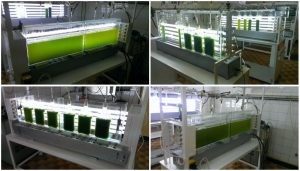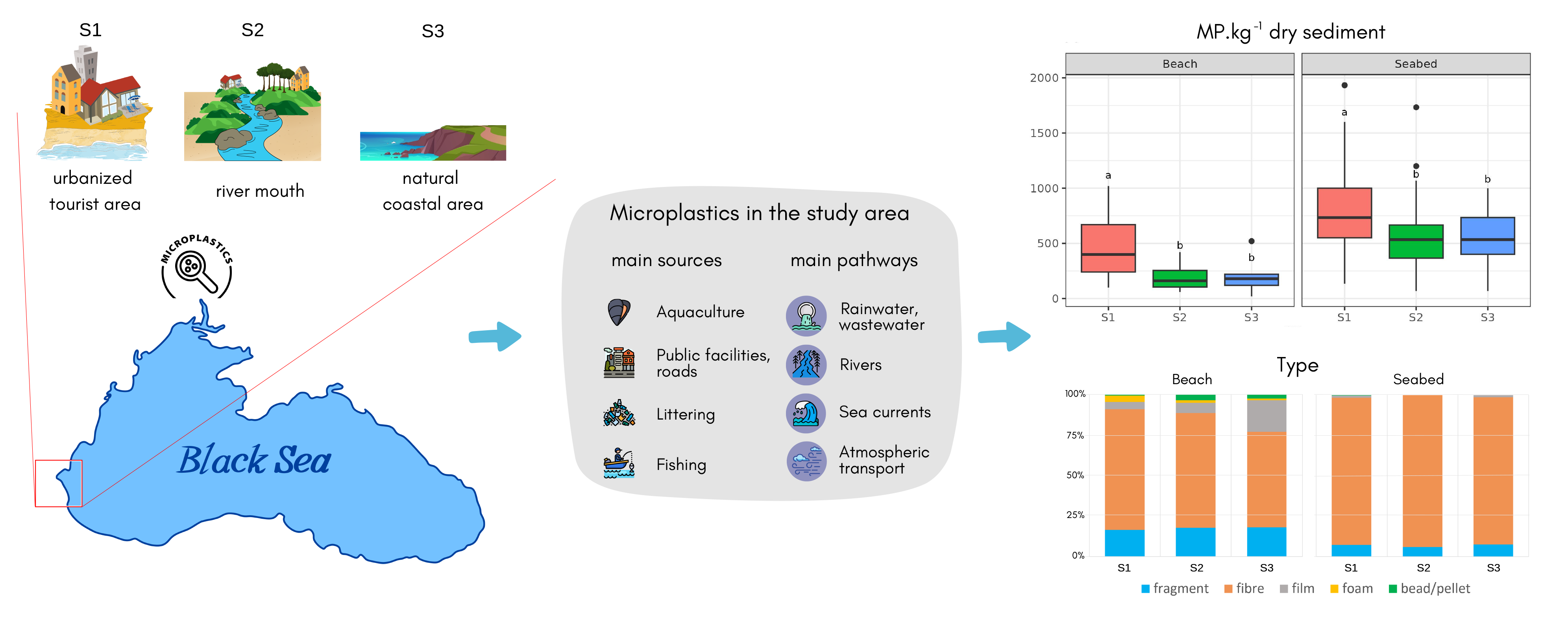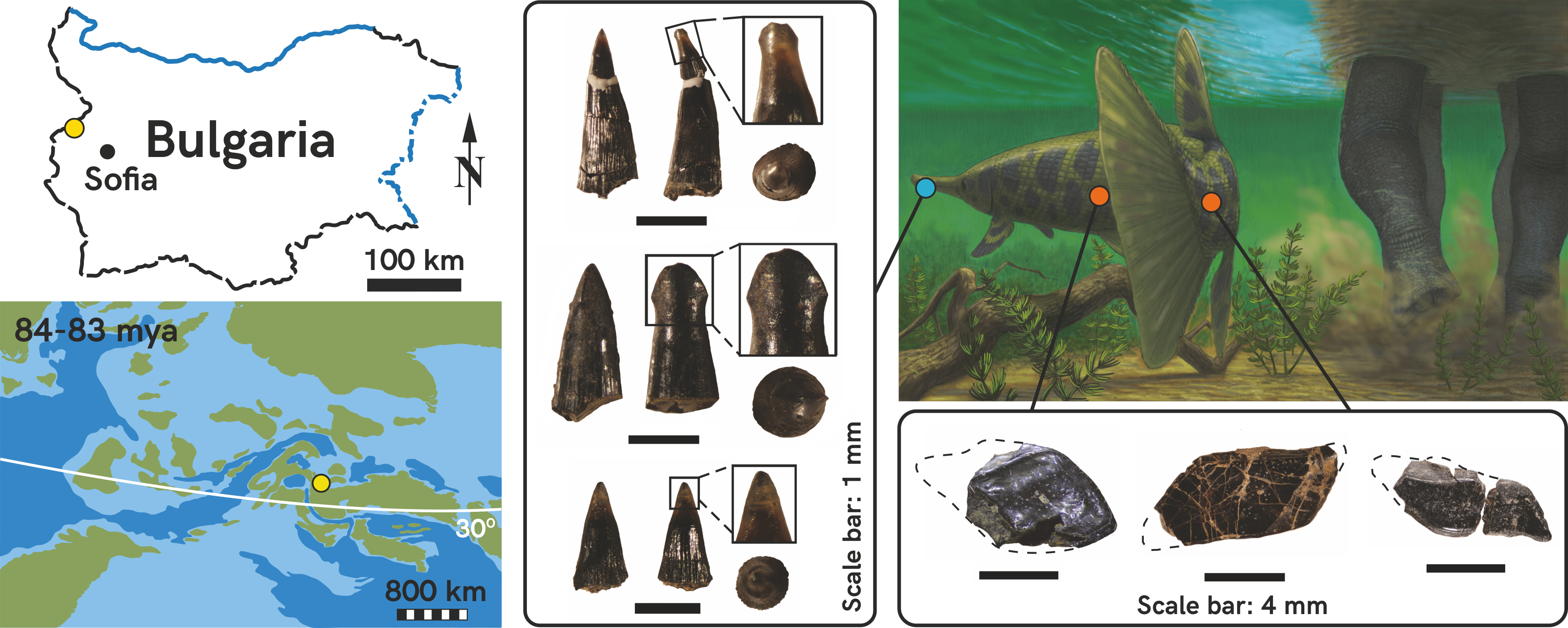
New approaches in obtaining and studying biomass from microalgae are applied by scientists from the Laboratory of Experimental Algology at the Institute of Plant Physiology and Genetics – BAS, which is among the leading research units in Bulgaria. The team of specialists is engaged in the study of processes of physiology, biochemistry and biotechnology with microalgae.
Microalgae are unicellular photosynthetic organisms with diverse shapes and sizes from 10 to 150 microns. They are the initial producers of biomass that serves as food for higher organisms. Microalgal biomass has a high biological value. The presence of more than 100 different types of carotenoids, polyunsaturated fatty acids (omega-3, omega-6), proteins, vitamins and minerals, tocopherol, coenzyme-Q as well as all essential amino acids make it a healthy dietary supplement.
Given their relatively rapid growth and relatively high content of valuable substances, microalgae are applied in the food and pharmaceutical industries as well as in medicine.
The fundamental research carried out in the Experimental Algology Laboratory is the basis for the creation and continuous improvement of biotechnological developments which are then used in the design and development of farms for the industrial cultivation of microalgae. This type of assistance is often sought by business stakeholders in Bulgaria.
The laboratory has a collection of working strains that is continuously enriched by isolation of new microalgal species from nature and as a result of collaboration with other algological units from Europe. The researchers have intensive laboratory cultivation equipment for microalgae which provides accurate information on parameters such as optimum and lethal temperatures, optimum levels of light intensity and salt concentration, growth rate, average daily yield and biomass accumulation. Microscopic, biochemical and chemical analyses of microalgal biomass are also performed.





